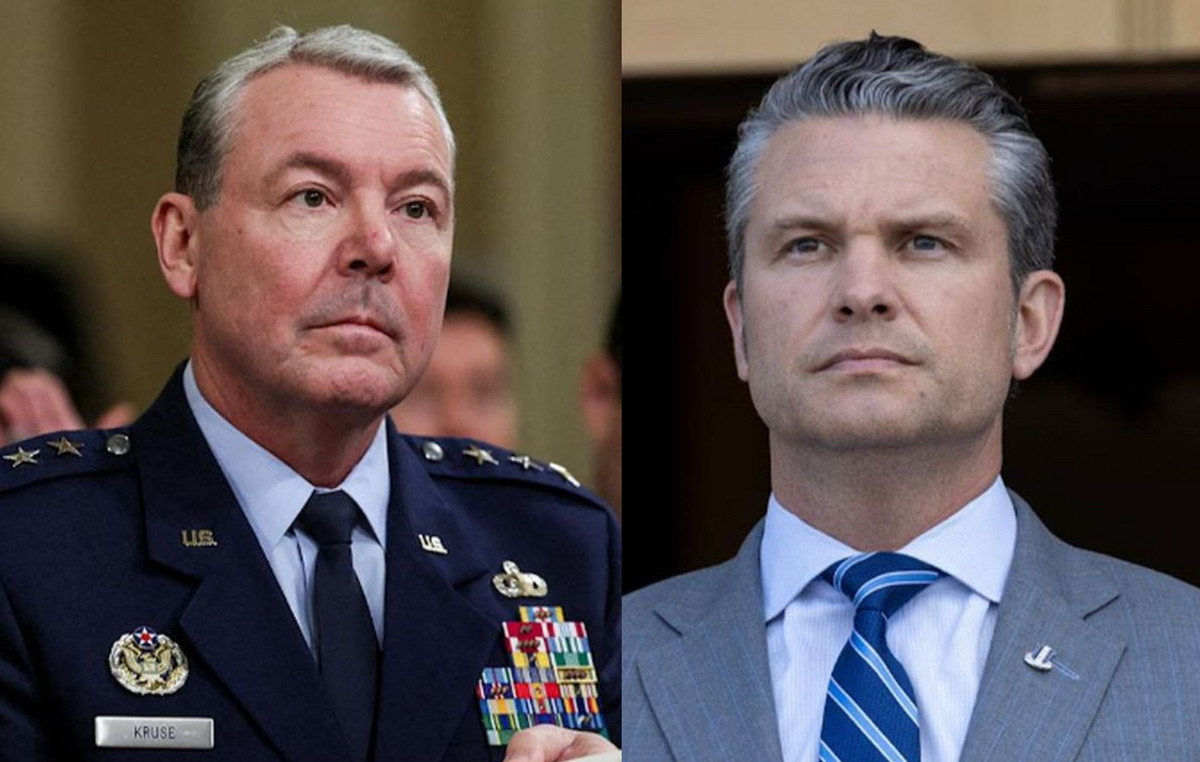During the inauguration ceremony of four new members of the collegiate board of directors of the National Petroleum, Natural Gas and Biofuels Agency (ANP), in Rio de Janeiro, the executive director of the agency, Rodolfo Saboia, acknowledged that the scenario of supply of petroleum products and complex and challenging.
The statement took place this Monday (6), a week after a letter from the president of Petrobras, José Mauro Coelho Ferreira, was made public, addressed to the agency’s command, in which he mentions “high risk of diesel shortages in the Brazilian market”. in the second half of 2022”.
“The supply of derivatives is today a global challenge. At ANP, we have worked very hard to honor our commitment to society, to guarantee supply and protect the interests of consumers. On the other hand, concerns about energy security reinforce our strategic positioning of increasing Brazilian attractiveness as a producer of oil and natural gas”, stated Rodolfo Saboia.
The agency’s executive director did not make projections or set deadlines, but mentioned that the international scenario has modified the choices made by the market and reversed a scenario that seemed clear until October last year, when the COP-26, the Conference of the United Nations, took place. United Nations on Climate Change 2021 in Glasgow, Scotland.
“We face a very complex and challenging international context. Which is having a profound impact on energy markets in the short term and, at the same time, causing a review in the medium and long term scenarios. If until very recently the debates on decarbonization strategies were unconditionally imposed, now the world realizes that the transition cannot happen without taking energy security into account,” he said.
Castro wants new discussion on ICMS
Governor of Rio de Janeiro, the state that hosts the agency, Cláudio Castro (PL) attended the inauguration of the new board and reiterated the importance of the oil and gas sector for the state, which is home to more than 80% of Brazil’s proven oil reserves. and more than 60% of natural gas.
Castro highlighted the importance of reaching an agreement on fuel prices.
Currently, the government is evaluating the possibility of making them essential products, which would reduce the maximum rate to 17%.
Rio de Janeiro has the highest rate in the country for gasoline: 34%. The change would cut it in half.
“And I think we have to have a big discussion about fuel and energy prices. I think that one or another organ being reduced is not the solution for the country. But the great solution is a great discussion of the entire chain, from the producer to the pump, including governments. This discussion will do a lot of good for the country, for the state of Rio de Janeiro, and, above all, it will do good for our population, which is so warlike, and which already pays very high taxes”, evaluates the governor.
Source: CNN Brasil







